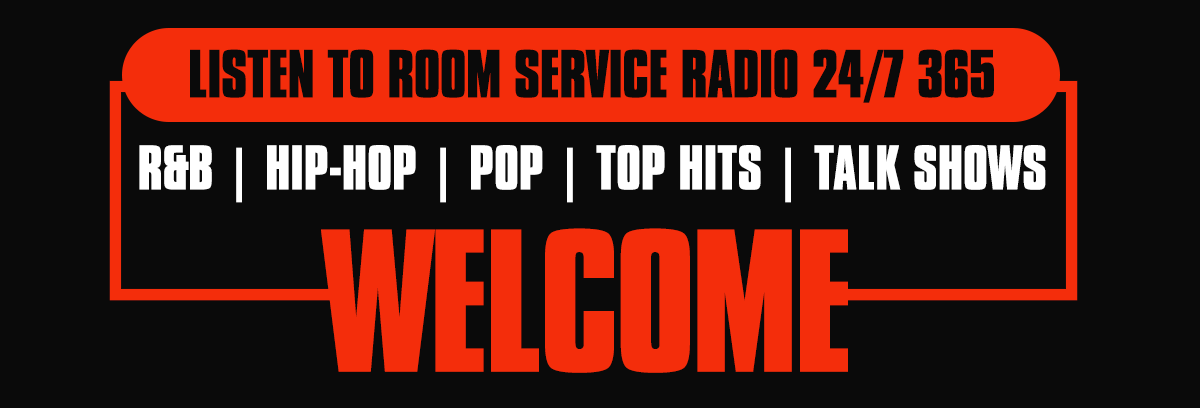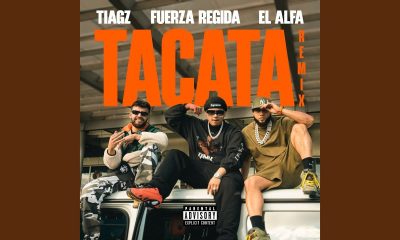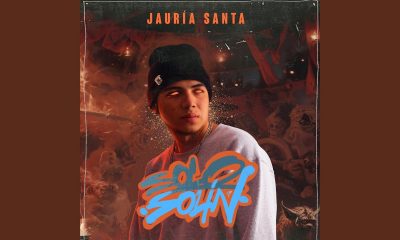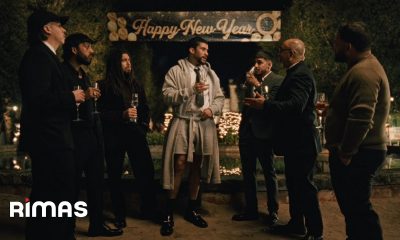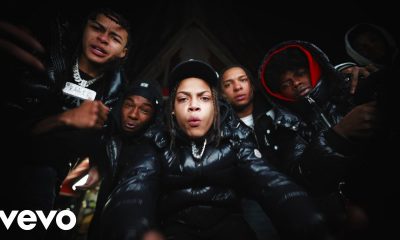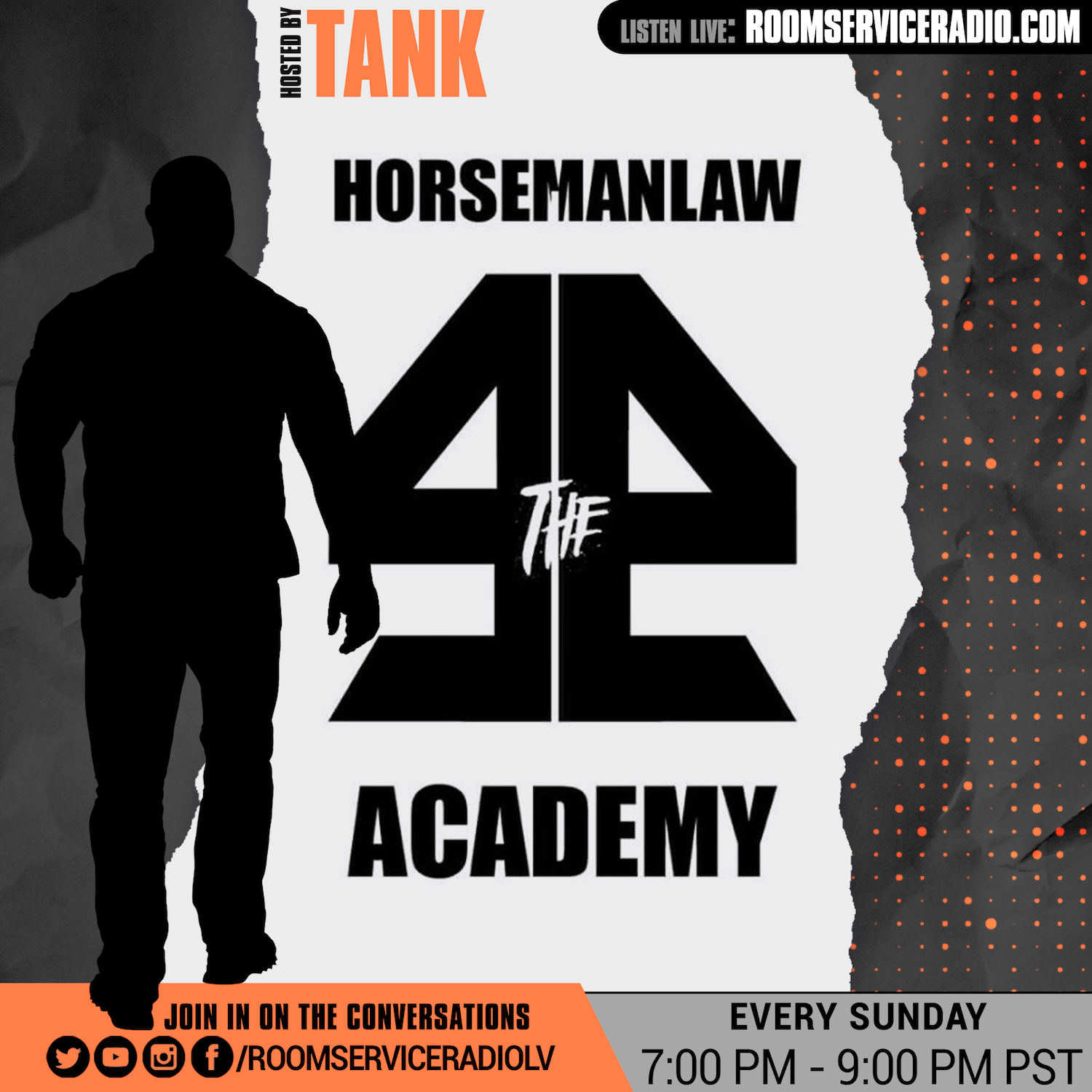
Bobi Wine: The People’s President Chronicles Uganda’s Struggle for Freedom
The riveting documentary, Bobi Wine: The People’s President, delves into the tumultuous 2021 presidential election in Uganda, capturing the fearless efforts of music star, activist, and opposition leader Bobi Wine. The film, available for streaming on Disney+ and Hulu, offers a gripping narrative of Bobi Wine’s perilous journey as he rallies against the oppressive 35-year regime led by President Museveni.

Born in the slums of Kampala, Bobi Wine emerges as a national superstar musician, activist, and opposition leader. Faced with the ruthless regime of President Museveni, who has maintained power since 1986, Bobi Wine, along with his wife Barbie, embarks on a dangerous mission to liberate Uganda from oppression. The 2021 presidential elections become a battleground where Bobi Wine employs his music to denounce the dictatorial regime and champion the cause of the voiceless and oppressed.

Directors Christopher Sharp and Moses Bwayo share their journey of documenting Bobi Wine’s life and activism. Originally conceived as a film about a socially conscious musician, the project evolved into a powerful portrayal of Bobi and Barbie’s courage in challenging a regime deeply entrenched in power. The film, infused with Bobi Wine’s music, serves as a testament to the genuine spirit of those fighting for freedom.

The directors express their intent to create an authentic representation of Uganda’s struggles, focusing on the raw and genuine spirit of the inspiring individuals involved. The film captures the dangers, unpredictability, and sacrifices encountered by Bobi Wine and his supporters in their quest for justice.
In an interview with The Source Magazine, co-directors Christopher Sharp and Moses Bwayo shed light on their personal connections with Uganda, their inspiration to tell Bobi Wine’s story, and the challenges of capturing the unfolding events in a volatile environment.
Having been born in Uganda, you both have personal, but presumably also very different connections with the country. What inspired you to tell the story of Bobi Wine? How did you and Moses meet, and what individual perspectives and experiences did each of you bring to the project?
When I first met Bobi and Barbie in Europe in 2017, I was already a devotee of Bobi’s music. I had a strong
connection with the country through my family and childhood, so I understood some of the challenges.
When Bobi and Barbie started telling me their story and explained what they were trying to do, I found
them totally compelling. They were both articulate, charming and, above all, brave. Barbie had grown up in the same region of Uganda as I had, so we had some shared memories.

When we first started shooting, we had a very accomplished DOP called Sam Benstead and an Italian,
Michele Sibiloni. They were both living in Kampala at the time. I was introduced to Moses, and he gradually took over from them. Moses proved to be totally dedicated to the project. He repeatedly put himself in danger to stay close to Bobi as the situation became increasingly volatile. Moses, particularly towards the end, was the one filming on the frontline, which allowed me to focus on the narrative, deciding what we needed and how it might look. We worked very well together, and even when not physically together, we would be on the phone all day.
What role does Bobi Wine’s music play in his life story and his political engagement, and how did you incorporate his music into the structure of your film?
Bobi uses his music as a means to communicate with the people. He originally sang about life, girls and
subjects that a young musician would typically draw inspiration from. This changed as Bobi felt compelled to articulate the injustices he was witnessing in Uganda. As the government became increasingly nervous about Bobi’s popularity, it tried to stop his audience from hearing his music. They banned concerts and prohibited radio stations from playing his songs. However, music is a very difficult thing to stop. Amusingly, Bobi once told me that Museveni hands out money to his oppressed people to buy their support, and they use the money to buy beer and then listen to his music!
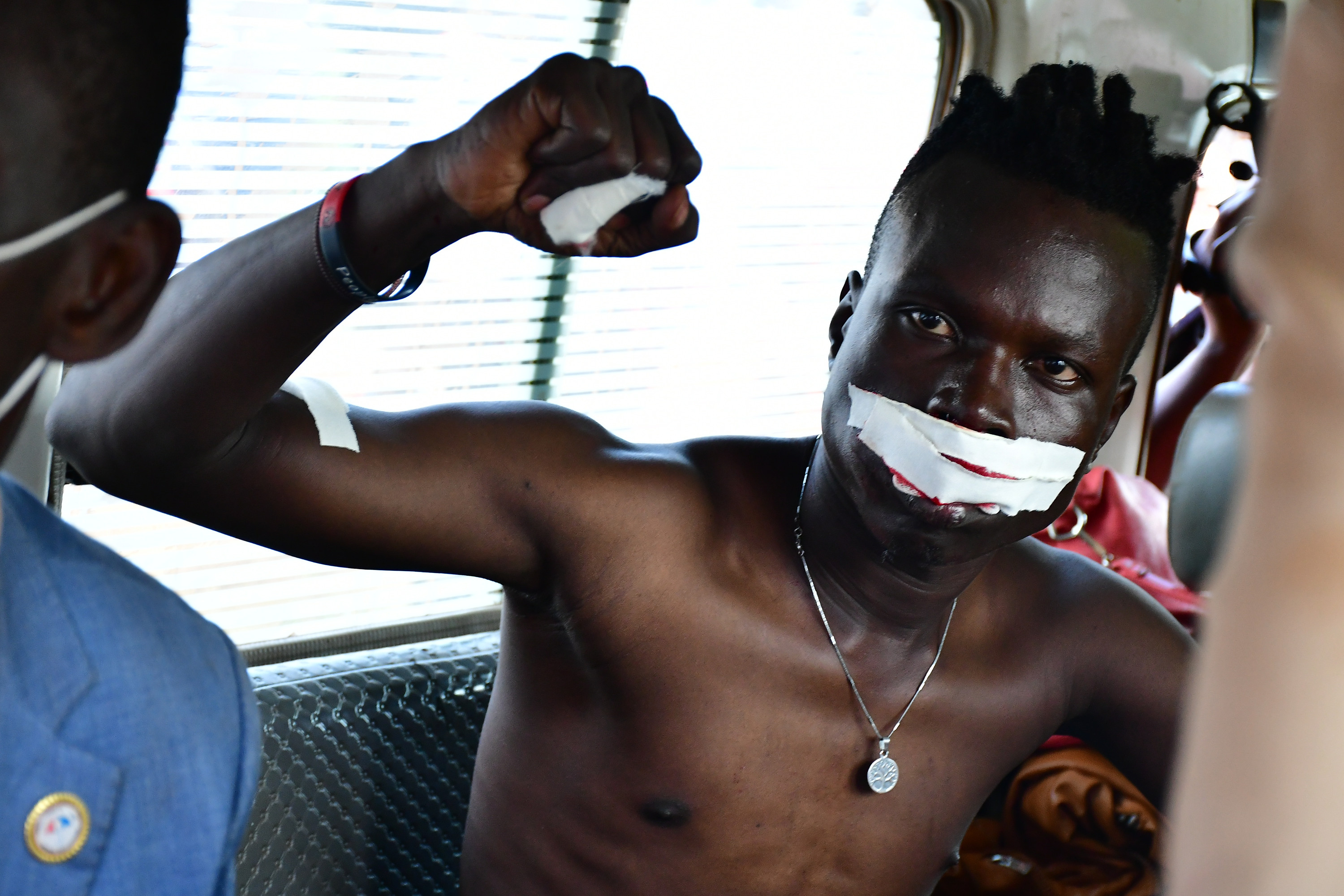
Working with Paul Carlin, our editor, we started to think about the structure of the film. We knew music
had to be central to the story. It is central to Bobi’s life. Much of Bobi’s message is delivered through the
lyrics of his songs, so we had to do the same with the film.
What were the biggest challenges of filming Bobi Wine as he moved around Uganda, especially when events sometimes turned violent? Was it difficult to choose which scenes to insert, and was there a limit to what you thought you could or should show on screen?
We filmed horrific violence, stories of individuals who had been tortured in what can only be described as
medieval methods. We spoke to people whose loved ones had disappeared. Originally, we thought we
would include more of these interviews in the film. We had limited time and ended up focusing on
experiencing the story through our main characters. However, it is hard not to feel like it is something of an injustice to the victims not to include them. Certainly, both Bobi and Moses felt that the film doesn’t
convey the extent of the horror, although they fully understand the rationale behind that choice.

You must have shot a wealth of material. How did the editing process develop, and what led you to focus on the characters we see in the film?
We shot literally hundreds of hours of footage. We were in the cutting room for two years. We had an
exceptional editor, Paul Carlin, as mentioned before; he was incredibly patient. Our big struggle was how to cover five years of filming and, as is often the case, deciding which stories were central to the narrative. We ended up focusing on Bobi and Barbie and those closest to them.

In the Global North, Africa is often not given the attention and importance it deserves in terms of its size, population, diversity and vitality. How difficult was it to secure the resources you needed to produce the film?
The film was self-financed, which was obviously a great risk. We were extremely fortunate to have John
Battsek as a producer. He has great experience and recognizes the importance of the story. He could not
have been more insightful and helpful. As we were making the film, we recognized that we had this important story with amazing characters and we were determined to make sure that people were able to see the film. We are grateful to National Geographic for being our distribution partner. They believe in the strength of the film and the heroism of its message and believe in the power of storytelling to generate conversation and hopefully change in an African country that so desperately needs it.

What would you like viewers to take away from the experience of watching the film?
People in the West often marvel that Africa has made such little progress. The answer is clear; it is
dictatorships that stop progress. How far would our own societies get economically; how would our
healthcare be; how would our education system be if we had a ruler who, by his own omission, is working
for his family and stays in power for 35 years and counting?
Western governments are completely complicit in maintaining dictatorship in Uganda. I would like our audience to question their own government’s financing of dictatorial regimes.
Watch the trailer below.
Article written by Courtneyb #TheSource

